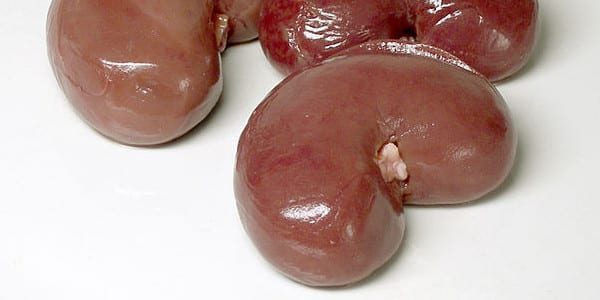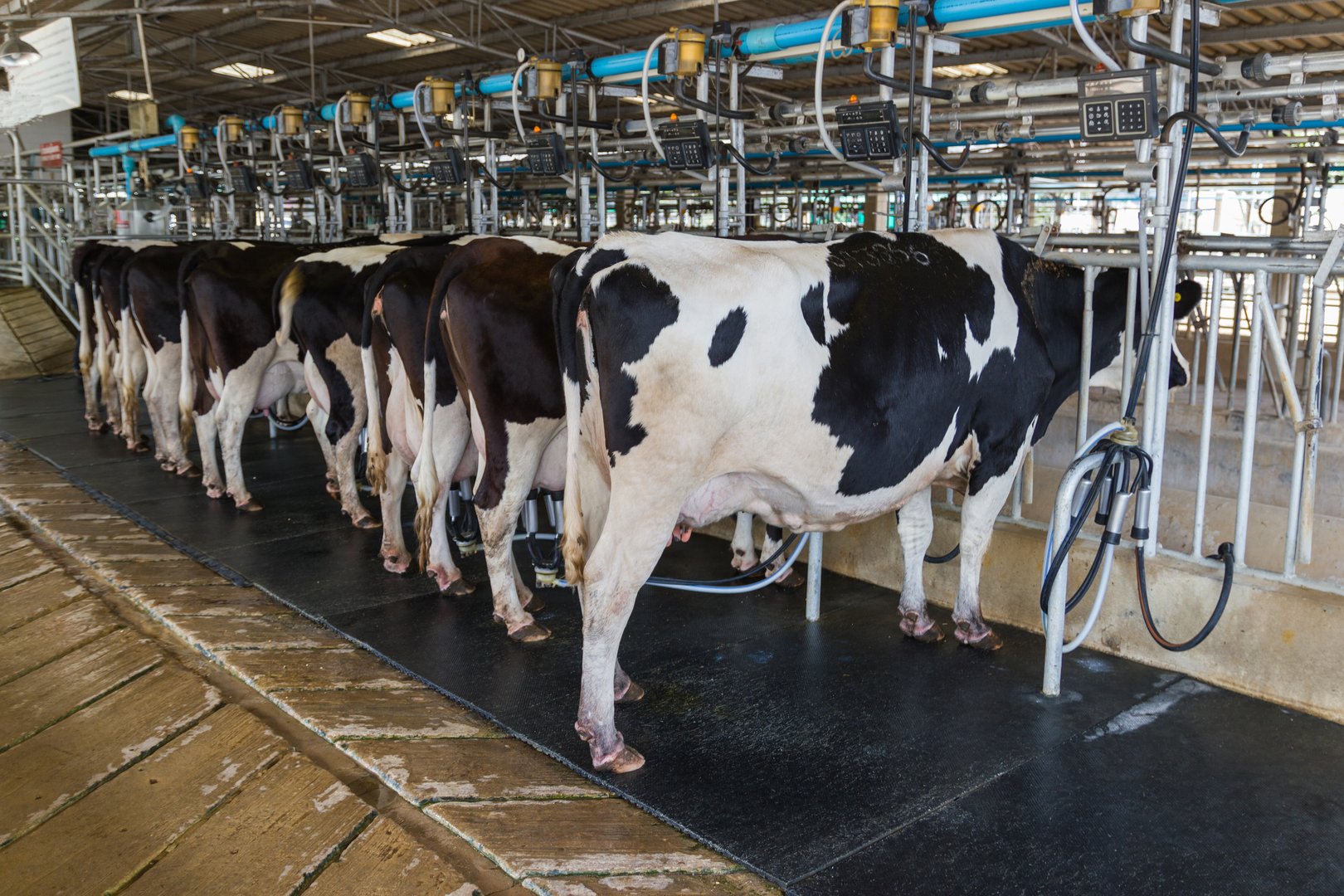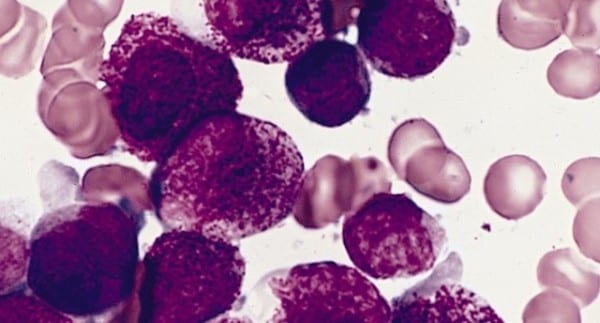Maternal engraftment is frequently present in X‑linked severe combined immunodeficiency (X‑SCID) patients caused by pathogenic mutations in . However, the functional status of the engrafted cells remains unclear because of the difficulty in separately evaluating the function of the maternal and autologous cells. The present study reported an X‑SCID patient with a c.677C>T (p.R226H) variant in exon 5 of , exhibiting recurrent and persistent infections from 3‑months‑old. After the male patient suffering recurrent pneumonia and acute hematogenous disseminated tuberculosis when 13‑months‑old, single‑cell RNA sequencing was applied to characterize the transcriptome landscape of his bone marrow mononuclear cells (BMMNCs). A novel bioinformatic analysis strategy was designed to discriminate maternal and autologous cells at single‑cell resolution. The maternal engrafted cells consisted primarily of T, NKT and NK cells and the patient presented with the coexistence of autologous cells of these cell types. When compared respectively with normal counterparts, both maternal and autologous T and NKT cells increased the transcription of some important cytokines (, and ) against infections, but decreased the expression of a number of key transcription factors (, , and ) related to lymphocyte activation, proliferation and differentiation. Notably, the expression of multiple inhibitory factors (, and ) were substantially enhanced in the T and NKT cells of both origins. In conclusion, both maternal and autologous T and NKT cells exhibited exhaustion‑like dysfunction in this X‑SCID patient suffering recurrent and persistent infections.













